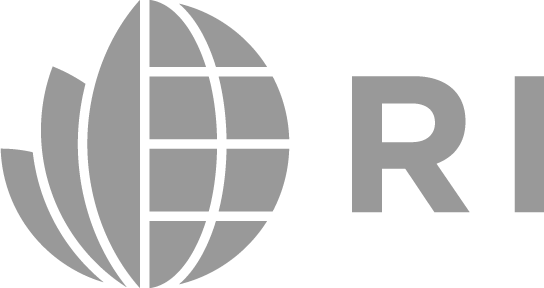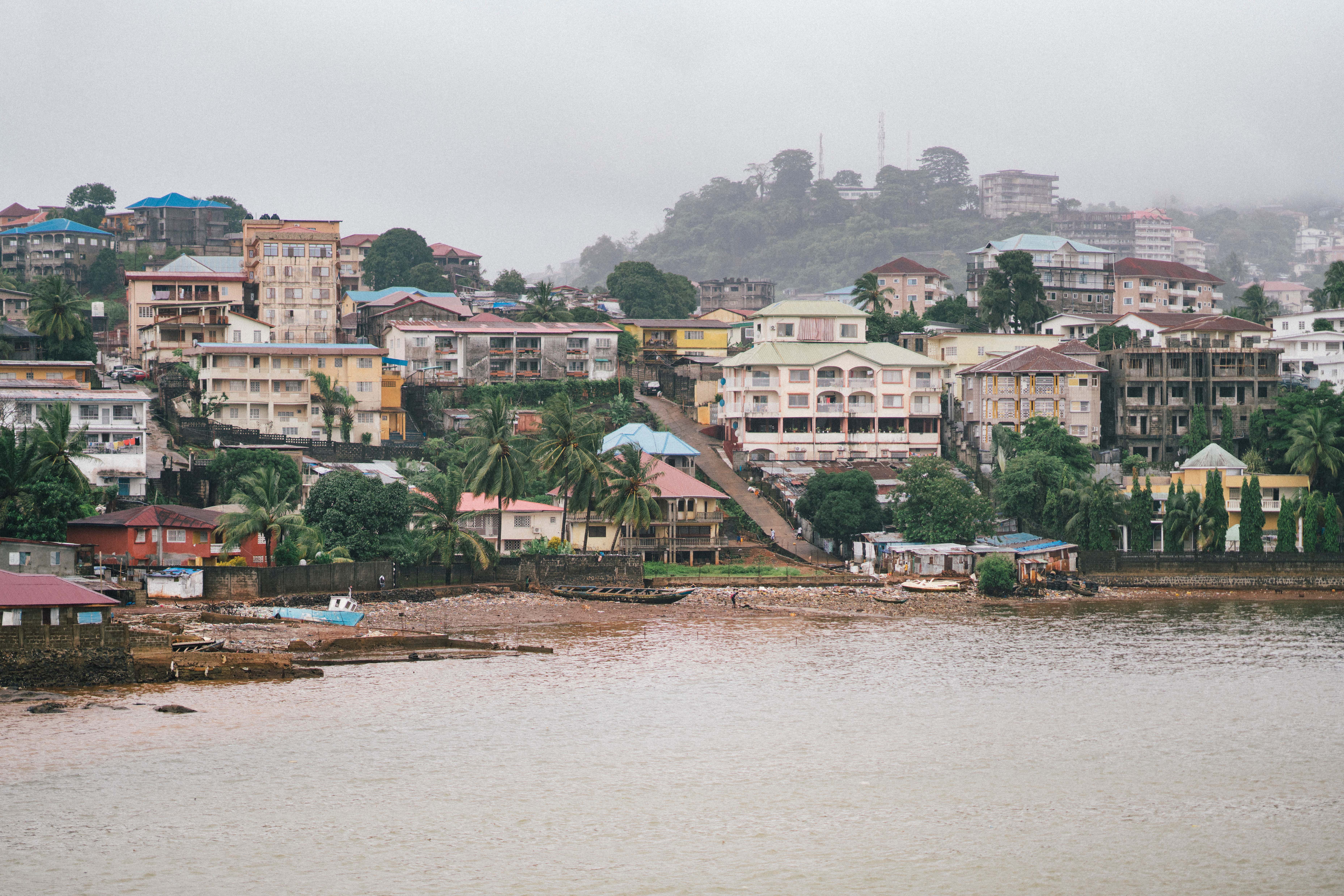Palm trees, baobabs, vines, rivers, impressive spider webs, monkeys, and a host of other plants and wildlife cover the hills among which Freetown, Sierra Leone, is nestled. The Global Mercy floats peacefully, moored to the dock on the east end of the city. The city and the ship sit side-by-side, two worlds juxtaposed with one another.
On board, people from all six habitable continents come together with a shared vision of bringing hope and healing through surgical intervention. While the official language of the ship is English, I regularly hear many different languages and accents. I have learned new terms from Australian mates, can pick out a Dutch accent quite well, and am often impressed by the multilingual talents of the many non-native English speakers on board. Cultural diversity is ubiquitous, but a general Western influence pervades the ship. Western medicine, amenities, mindsets, foods, technologies, and activities create a familiar and comfortable atmosphere.
When I leave the ship, my senses prick as I am immersed in a city of over one million people. Friends’ glasses blur from the humidity as we step onto the gangway. After scanning our badges at the Mercy Ships security point, we traverse the parking lot where groups play soccer or spikeball, cross the road used by the big work trucks, and follow the path up to the port gate as we start to sweat. Now on College Road, I see a street barber, children who wave at me, and hear a boom box playing music loudly. A beautiful sense of community and welcome are notable.
At Clinetown Junction, we often catch a keke to our destination. Today, however, we choose to walk along Fourah Bay Road. It is the height of the business day. Shops and stands line the road selling shoes, fabric, jewelry, bags, and more. Many stands are accompanied by megaphones continuously chanting the prices of the items for sale. Large work trucks, buses, cars, and kekes honk as they crawl down the packed street. A mass of people stream between the vehicles: men pushing heavy-laden wheelbarrows, women balancing plastic tubs on their heads, children in their school uniforms, mothers with their babies strapped to their backs—fast asleep amidst the hubbub.
I experience both tension and thankfulness in the juxtaposition of the city and the ship. I find tension in being immune to many daily difficulties that people one kilometer away must endure; in the fact that local hospitals struggle with a lack of medicine, equipment, and reliable electricity while our ship is appropriately supplied. Yet, I am thankful for a controlled environment in which we can reliably provide high quality surgery and follow-up treatment. I am thankful for local people and foreigners like myself who work and learn together in a strong, accountable community. I am thankful that Mercy Ships stands in the gap for those who would remain unserved in the current local healthcare infrastructure.
These two worlds sit side by side, and it has been a privilege to enter them both.
In partnership with RI, Audrey serves on a Mercy Ship docked in West Africa. She works as a nurse in the recovery wards of the onboard hospital, which provides a variety of medical treatments and surgeries free of charge. Her desire is for patients and their families to experience healing, hope, and the life-transforming love of God.








